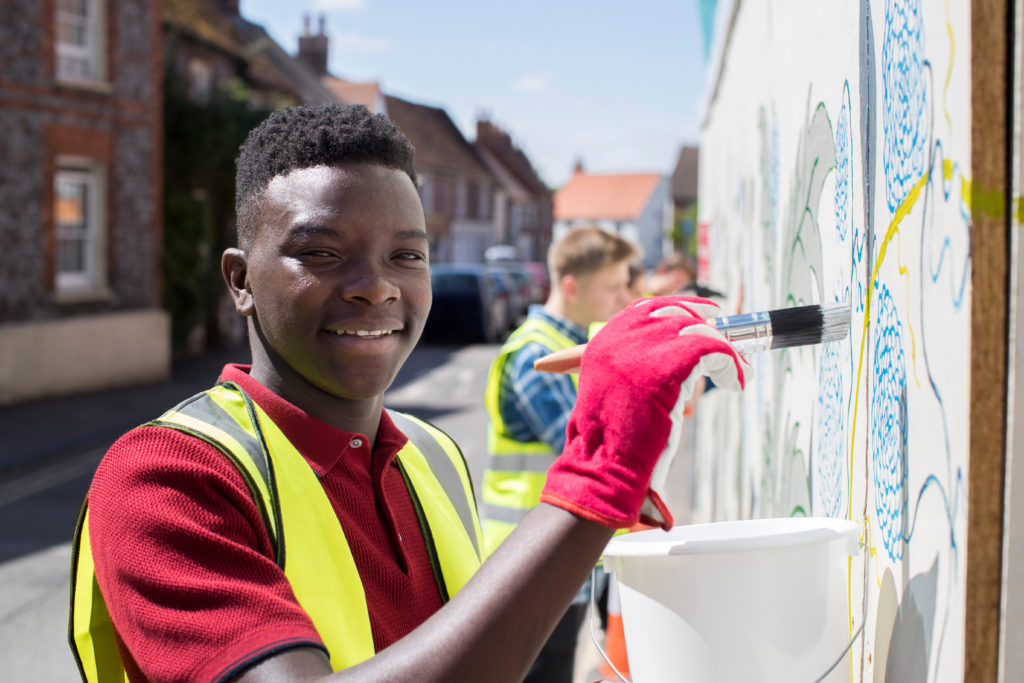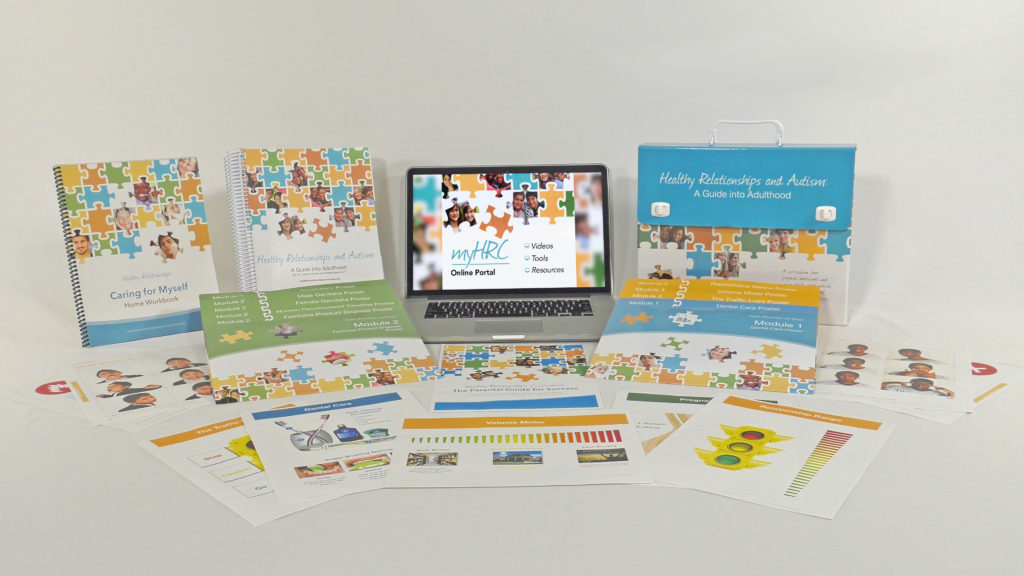Spring has finally arrived! This time of year brings the beginning of warm, sunny weather and outdoor fun. However, it also means Spring Break is right around the corner. While all students want to enjoy this break to recharge before the last few weeks of school, students with varying needs may need extra help and support to stay engaged and continue learning and building their skills. I’m proud to say that our Healthy Relationships Curriculum makes it easy for these students to enjoy time off from school and continue their learning.
Special education teachers may feel uneasy and worry that their students will not retain vital information when a break from school occurs. As we know, repetition is vital in allowing students to make strides. Our Healthy Relationship Curriculum offers virtual and at-home options to allow students to return from their break without losing the information.
Our school’s special education team designed our Healthy Relationships Curriculum to provide teachers and counselors with all the tools to help their students with various needs. Our lessons can be taught both in-person and virtually and have been designed with built-in online lesson plans. Home reinforcement is also an essential part of the curriculum, and ways to practice the learned skills at home and helps get students’ parents involved in the learning process.
One of the best components of our Healthy Relationships Curriculum is that it comes with over 140 videos that students can watch during the break. Each of these videos is on a different topic and can teach the students anything from hygiene skills to skills on forming relationships, to social media safety and how to make a friend. These videos are designed in a way that both promotes learning critical skills and are fun for the students.
I believe these features of The Healthy Relationships Curriculum make it stand out from other options available. During my 20+ years as a special education teacher, I have not seen a program this well designed to keep students engaged when out of the classroom. If you think this sounds like the right curriculum for your students or just want more information, I encourage you to look at sample lessons and request a free demonstration of our Healthy Relationships Curriculum!
Jen Falkowski, MEd — Supervisor of Special Education









